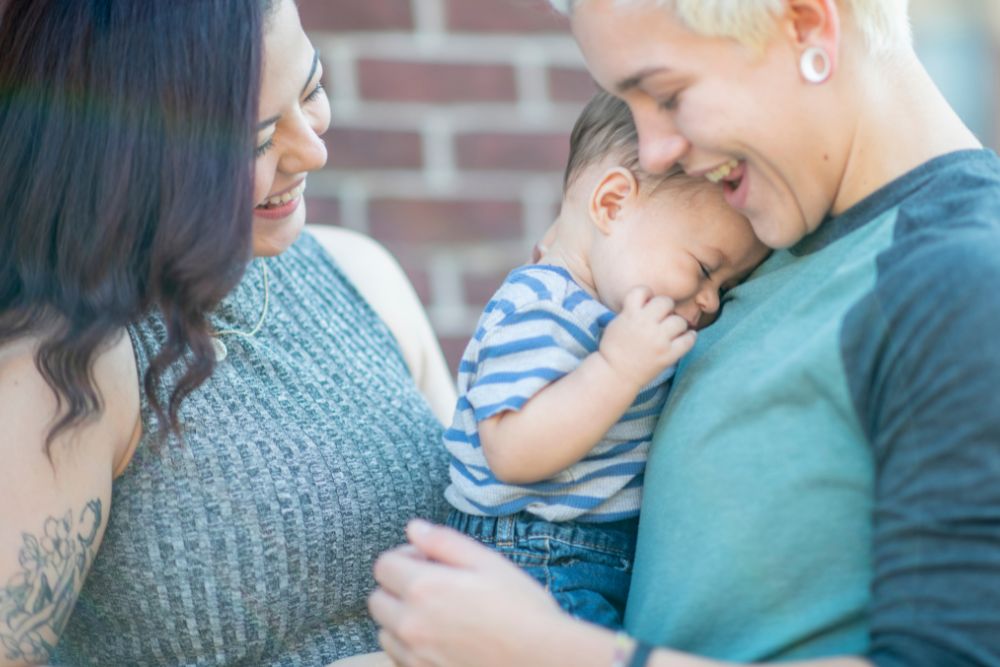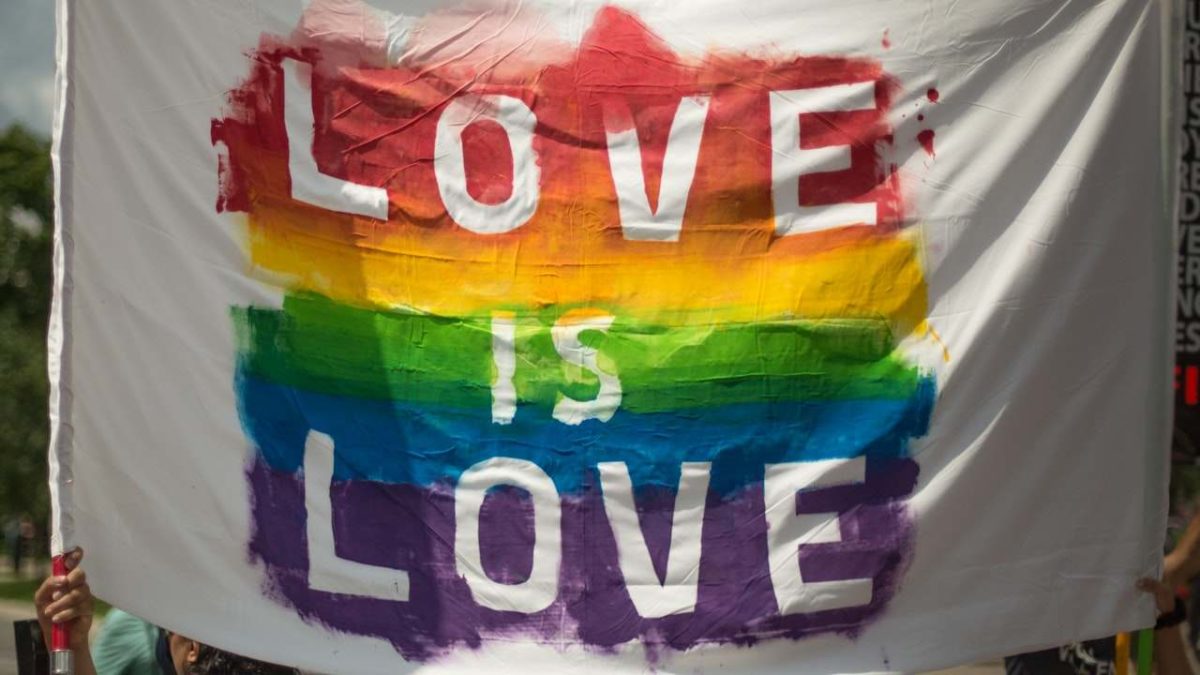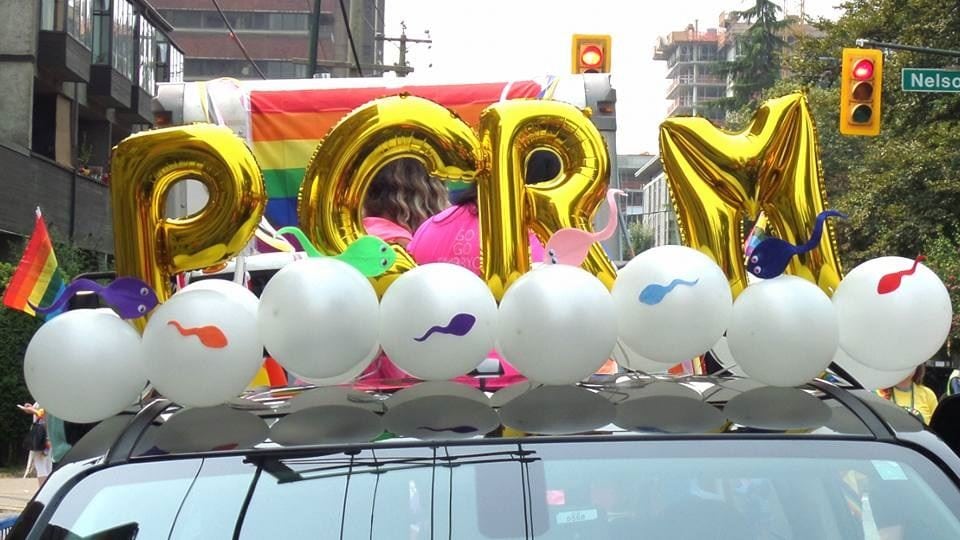
LGBTQIA+ Options For Building Your Family
Gay Parenting and LGBTQIA+ Fertility Options
When it comes to LGBTQIA+ family building and gay parenting fertility care, there are many factors to consider. Most LGBTQIA+ aspiring parents require some form of third-party reproductive care. Learn more about the various options available for gay parenting and LGBTQIA+ fertility.
Donor Sperm
There are two options for donor sperm: known donor (from a friend) or unknown/anonymous donor (from a sperm bank).
Known donor sperm
Federal legislation enacted in February 2020 makes it more accessible to use a known sperm donor through a fertility clinic. The intended parent(s) and the known sperm donor would be assessed at PCRM Edmonton or PCRM Burnaby by one of our third-party reproduction coordinator teams. The sperm donor would undergo testing for infectious diseases as well as a consultation with a physician for counseling and examination. Using fresh or frozen sperm is possible, but frozen is the most common. The law in Canada prohibits any payment for sperm or eggs – that means the donation must be altruistic.
Each person should see a certified counselor to discuss the psychological side of using donor sperm or eggs. A fertility lawyer can help draft a sperm donation agreement and each person should get independent legal advice.
Unknown donor sperm
Anonymous donor sperm and intrauterine insemination (IUI) is a very common treatment for single women, lesbian couples or trans people who wish to become parents. The sperm selected online by the intended parents and is shipped, frozen, directly from a sperm bank to PCRM. Usually, the sperm comes from a bank in the United States and costs about $1000 per unit. (Because payment for sperm is illegal in Canada, sperm banks in Canada are virtually non-existent.)
To perform intrauterine insemination (IUI), the sperm is washed to remove the ejaculate fluid and then placed in a thin catheter to pass through the cervix and into the uterus.
Donor Eggs
Anonymous donor eggs can be obtained from an egg bank. They are shipped to PCRM and fertilized with the intended parent’s sperm, or donor sperm. The most common reasons to use donor eggs include: same-sex male couples, trans people without ovaries or those who choose not to use their own eggs, women in menopause or those with a history of failed IVF cycles in the past. You can read an article about donor eggs by a PCRM doctor in the British Columbia Medical Journal here.
Directed Egg Donation (Egg-sharing, Reciprocal IVF)
Lesbian couples can use eggs from one woman to create embryos and then have the other woman carry the pregnancy. This is called directed egg donation and it requires the use of in vitro fertilization (IVF). This is a more complex option than IUI because IVF is required; however some couples like the idea that each woman is physically responsible for part of the pregnancy. A lawyer can provide advice about a co-maternity agreement.
Gestational carrier (Surrogacy)
Gay men need to find both a woman to donate eggs and a woman to carry the pregnancy. The term gestational carrier refers to a woman who has no genetic relationship to the pregnancy (i.e. it was not created from her egg). A traditional surrogate donates both her egg and her uterus, so IUI can be used to achieve this type of pregnancy. In a fertility clinic, the most common situation we encounter is when two men each use their sperm to fertilize donor eggs. A fertility lawyer can help write the legal agreements and the application for parentage of the baby after it is born.
Transgender people
Trans women (or trans people with testicles) who want the option of having genetically-related children should ideally bank sperm before hormone treatment or having the testicles removed. Trans people already using hormones need to stop these for a number of months to see if sperm production returns.
Trans men (or trans people with a uterus and ovaries) who want the option of having genetically-related children should ideally freeze eggs before hormone treatment or having the ovaries removed. Trans people with a uterus who wish to become pregnant can do so using hormone therapy. The time off of testosterone that is required for the ovaries and uterus to regain function is variable. PCRM doctors published the first known case report of egg freezing for a trans man with a new protocol that minimizes time off of testosterone treatment. You can read it here.
See our HuffPost blog on LGBTQIA+ options for fertility.
See our BCMJ article: Fertility options for transgender & gender-diverse people
What makes a legal parent?
In 1992, the Uniform Law Conference of Canada adopted the Uniform Child Status Act. This uniform act includes provisions for determining legal parentage where assisted reproduction is used and the birth mother and her husband (or male partner) intend to be the child’s parents. It does not deal with how to determine legal parentage where the birth mother is in a same-sex relationship, or where a child is born as a result of a surrogacy arrangement. To assign parentage in this setting; a legal contract directing parentage to the other partner must exist at birth. The law states that in the making of parenting arrangements, no particular arrangement is presumed to be in the best interests of the child and without limiting that, the following must not be presumed:
(a) that parental responsibilities should be allocated equally among guardians;
(b) that parenting time should be shared equally among guardians;
(c) that decisions among guardians should be made separately or together.
Below is a list of legal experts for third-party reproduction:
Kahn Zack Ehrlich Lithwick LLP
Lawrence A Khan
Suite 300 10991 Shellbridge Way
Richmond, BC V6X 3C6
Phone: (604) 270-9571
Email: [email protected]
Monique Shebbeare
400-1681 Chestnut Street
Vancouver, BC V6J 4M6
Phone: (778) 331-8868
barbara findlay QC
635-1033 Davie Street
Vancouver, BC V6E 1M7
Phone: (604) 251-4356
www.barbarafindlay.com
Zara Suleman
Suleman Family Law
Waterfront Business Centre
145 Chadwick Ct #220
North Vancouver, BC V7M 3K1
Phone: (604) 424-9059
Michelle Kinney
Cassels Murray Family & Estate Law
1207 Douglas St #610
Victoria, BC V8W 2E7
(250) 888-7992
Lynda Cassels
Cassels Muray
610-1207 Douglas Street
Victoria, BC V8W 2E7
Phone: (250) 888-7992
Ellen Embury
Carbert Waite LLP
2300 Encor Place
645 7 Ave
Calgary, Alberta T2P 4G8
(403) 705-3639
Alex McNab
800-635 8 Avenue SW
Calgary, AB T2P 3M3
Phone: (403) 264-9429
Related Posts
Categories
About the PCRM Blog
Welcome to the Pacific Fertility Centre for Reproductive Medicine Blog! Nationally and internationally recognized for providing exceptional reproductive care, our team believes in empowering people with the knowledge they need to navigate their unique fertility journeys.
From information on the latest fertility treatments to valuable insights on egg donation, surrogacy, and everything in between, the Pacific Centre for Reproductive Medicine Blog is your ultimate resource for all things reproductive care and support. Read on to learn more, and contact us today if you have any questions or want to schedule a new patient appointment.



